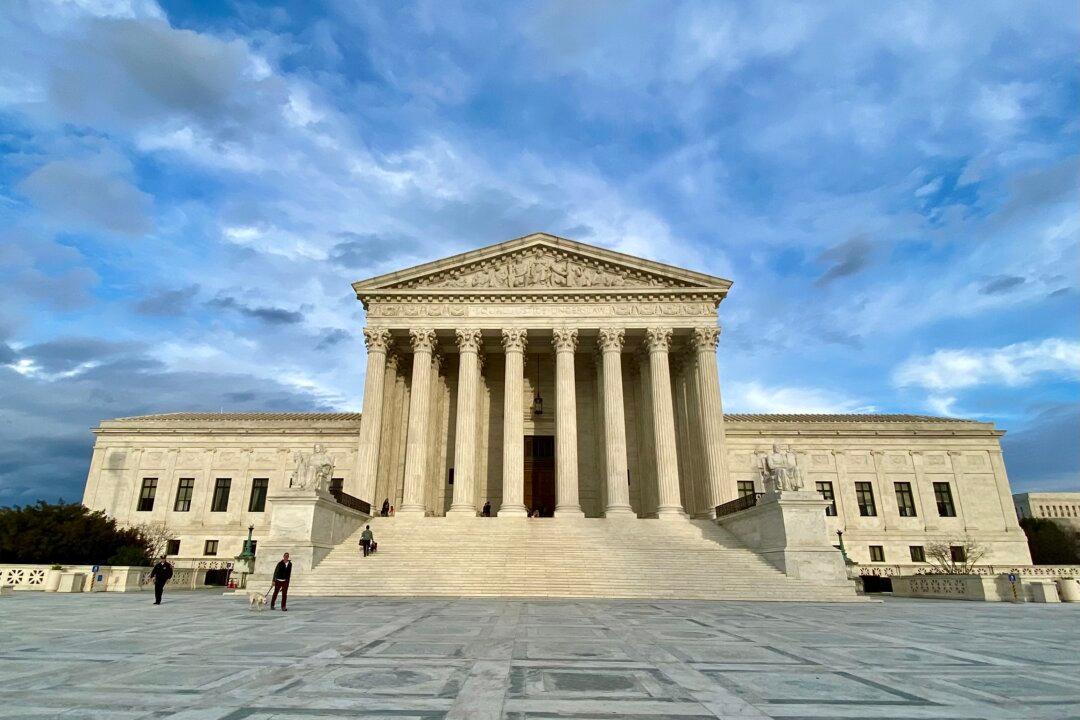A Washington state couple will soon ask the Supreme Court to disallow what they consider to be an unconstitutional wealth tax that was levied on capital gains they never received.
In 2017, Congress passed the Tax Cuts and Jobs Act. The new law, a reform of the federal tax code, also included a provision known as the Mandatory Repatriation Tax, or the Section 965 Transition Tax. This provision taxes U.S. citizens on certain accumulated foreign earnings of foreign corporations going back 30 years, even if the earnings haven’t been distributed. This means taxing people on income that they never received and never owned, according to a summary provided by the Competitive Enterprise Institute (CEI), which is providing legal representation to the couple.





